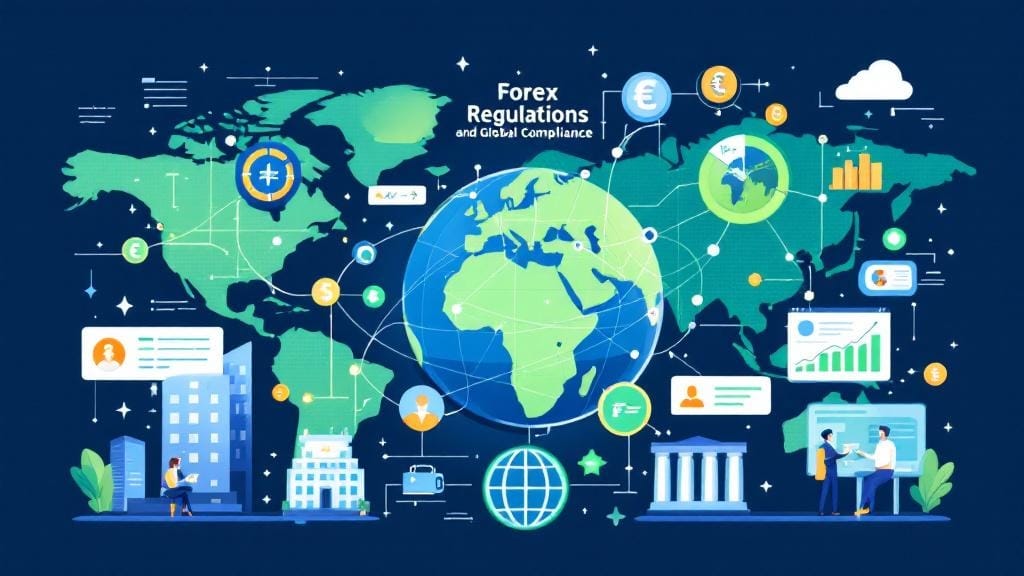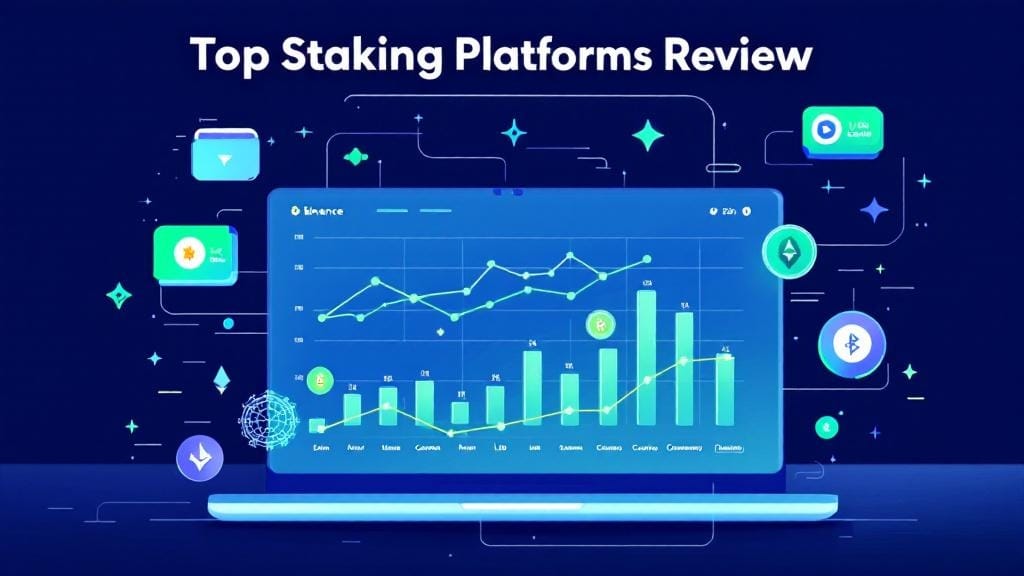If you’re being bombarded with calls from creditors or waking up to threatening letters from collection agencies, you’re not alone. Millions of Americans experience creditor harassment every year. The good news? You have rights, and there are proven ways to stop creditor harassment and regain control of your financial life.
In this guide, we’ll walk you through how to stop debt collector calls, how to legally respond to harassment by creditors, and where to seek help if things go too far. Let’s get started.
📞 What Is Creditor Harassment?
Creditor harassment happens when a debt collector uses abusive, unfair, or deceptive tactics to try to collect a debt. This can include:
-
Calling you repeatedly, even at work
-
Threatening legal action they can’t actually take
-
Using offensive or aggressive language
-
Contacting your family, friends, or employer about the debt
If you’ve experienced any of the above, you’re likely dealing with unlawful debt collection — and that’s something you can fight back against.
🛑 How to Stop Creditor Harassment Immediately
1. Understand Your Rights Under the FDCPA
The Fair Debt Collection Practices Act (FDCPA) is a federal law that protects consumers from abusive debt collection practices. Under this law:
-
Debt collectors cannot call you before 8 AM or after 9 PM
-
They cannot threaten you or use obscene language
-
They must stop calling if you request it in writing
-
They cannot lie about the amount you owe or falsely claim to be law enforcement
Knowing the FDCPA is key to dealing with aggressive creditors.
📌 Real-life example: Anna, a single mom in Ohio, was receiving 10+ calls a day from a collector. After learning about the FDCPA, she sent a cease and desist debt collector letter. The calls stopped within a week.
2. Send a Cease and Desist Letter
If you want to end collection agency harassment, you can formally request they stop contacting you.
Here’s how:
-
Write a cease and desist debt collector letter
-
Include your name, the collector’s name, and the debt account number
-
Clearly state that you want all communication to stop
-
Send it via certified mail with a return receipt
Once they receive it, they are legally required to stop contacting you—except to notify you of legal action.
3. Keep Records of All Communications
Document every interaction:
-
Save voicemails
-
Take screenshots of text messages
-
Note dates and times of calls
-
Keep copies of all letters
This documentation is essential if you decide to file a complaint or take legal action against debt collectors for collection agency violations.
⚖️ What to Do If Creditors Cross the Line
Even with laws in place, some debt collectors break the rules. Here’s how to handle debt collector abuse.
1. File a Complaint With the CFPB
The Consumer Financial Protection Bureau (CFPB) handles complaints against unfair financial practices. You can:
-
Submit details about the harassment
-
Attach any proof you have
The CFPB will follow up with the company on your behalf.
2. Report Creditor Harassment to the FTC or State Attorney General
You can also report creditor harassment to:
-
The Federal Trade Commission (FTC)
-
Your State Attorney General’s Office
These agencies can fine companies or even ban them from operating if they violate debt collection laws.
3. Speak to a Consumer Rights Attorney
If you’re facing repeated harassment or threats, you may have grounds for a lawsuit. Many consumer protection lawyers offer free consultations and will only charge if they win your case.
💬 Common Tactics Used by Third-Party Debt Collectors
Some collectors know the law — but bend it anyway. Watch out for:
-
Fake lawsuits: Threatening to sue without intent
-
Credit reporting issues: Reporting incorrect info to the bureaus
-
Misrepresenting themselves: Pretending to be attorneys or law enforcement
-
Phone call harassment: Calling multiple times daily or using robocalls
All of these are collection agency violations. And yes — you can fight back.
💡 Ways to Legally Deal With Debt Collectors
Let’s look at your debt relief options that don’t involve harassment or fear tactics.
1. Negotiate a Settlement
You can offer a lump-sum payment to settle the debt for less than you owe. Always get the agreement in writing before paying.
2. Set Up a Payment Plan
If a settlement isn’t an option, propose a monthly payment plan. This shows good faith and may prevent further collection action.
3. Seek Credit Counseling
A reputable credit counseling agency can help you:
-
Create a manageable budget
-
Work out payment arrangements
-
Handle collection letters and notices
Be sure to use nonprofit or government-accredited agencies.
🧩 What If the Debt Isn’t Even Yours?
Yes, it happens — sometimes you’re harassed over a debt that isn’t even yours.
Here’s what to do:
-
Ask for written validation of the debt
-
If it’s incorrect, dispute it in writing within 30 days
-
Notify the credit bureaus of any credit reporting issues
Never pay a debt you don’t owe, and don’t ignore the situation — it could harm your credit if unaddressed.
✅ How to Stop Harassing Phone Calls from Creditors
Stopping harassing phone calls from creditors starts with boundaries and legal action:
-
Don’t answer unknown numbers if they stress you
-
Block repeated numbers on your phone
-
Log every interaction
-
Send a formal cease-and-desist
-
File complaints if harassment continues
💬 Tip: In some states, phone call harassment laws allow you to record calls — as long as you notify the caller. This can help build your case if things escalate.
🔐 Protecting Yourself From Future Harassment
Once you’ve taken steps to stop creditor harassment, stay protected:
-
Monitor your credit report regularly
-
Don’t ignore new collection letters
-
Consider freezing your credit if identity theft is a concern
-
Keep communication with creditors in writing
📘 FAQs: Stop Creditor Harassment & Protect Your Rights
1. What is the best way to stop debt collector calls?
Send a cease and desist letter under the FDCPA, and request all communication in writing. Once the agency receives it, they must stop calling.
2. Can I sue a debt collector for harassment?
Yes. If they violate the FDCPA, you can file a lawsuit and may be eligible for damages up to $1,000, plus legal fees.
3. What are my consumer rights in debt collection?
You have the right to be treated fairly, receive written validation of debt, dispute incorrect debts, and limit communication from collectors.
4. How do I report creditor harassment?
You can report to the CFPB, FTC, or your State Attorney General. These agencies will investigate and may take enforcement action.
5. Are all collection agencies bound by FDCPA rules?
Most are, especially third-party debt collectors. However, original creditors may not be bound by the same rules but are still subject to state laws.
6. What qualifies as harassment by creditors?
Calling repeatedly, using profanity, threatening arrest, or discussing your debt with others are all signs of harassment by creditors.
7. Can debt collectors contact me at work?
Not if you tell them (verbally or in writing) that your employer doesn’t allow personal calls. After that, they must stop.
📝 Final Thoughts: Take Control and Stop Creditor Harassment Today
You don’t have to live in fear of your phone ringing. With the right knowledge and action, you can stop creditor harassment, protect your legal rights, and take back control of your financial life.
Don’t let debt collector abuse or collection agency violations go unchecked. Whether you write a cease and desist debt collector letter, seek legal help, or report them to the CFPB, remember this: You are not powerless.








Comments (0)